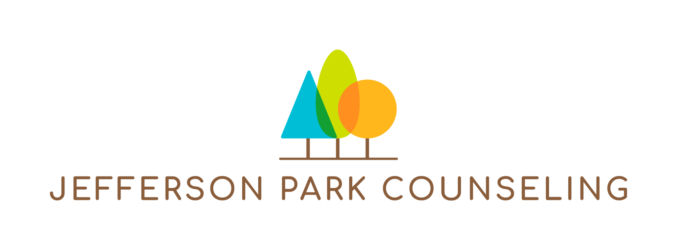
Relationships are a two-way street. They require communication, trust, respect, and love. When one or both partners are not contributing to these things, it can lead to problems. Here are five red flags to watch out for in any relationship:
- Jealousy and possessiveness. A healthy relationship should be built on trust and respect. If your partner is constantly checking up on you, accusing you of cheating, or trying to control who you see and what you do, this is a red flag.
- Verbal or physical abuse. No one deserves to be verbally or physically abused. If your partner ever puts their hands on you or calls you names, this is a serious problem that needs to be addressed.
- Gaslighting. Gaslighting is a form of emotional abuse in which the abuser tries to make the victim question their own reality. They may do this by denying things that happened, making the victim feel crazy, or blaming them for their own problems.
- Neglect. If your partner is constantly putting their own needs and wants before yours, this is a sign that they are not committed to the relationship. They may be emotionally unavailable, or they may simply not care about you as much as you care about them.
- Lack of communication. Communication is essential for any healthy relationship. If your partner is unwilling to talk to you about their feelings, needs, or concerns, this is a red flag. It could mean that they are not interested in working on the relationship, or that they are hiding something from you.
If you see any of these red flags in your relationship, it is important to talk to your partner about them. If they are unwilling to change their behavior, you may need to consider ending the relationship. You deserve to be in a relationship with someone who loves and respects you.
Here are some additional tips for dealing with red flags in relationships:
- Trust your gut. If something feels off, it probably is.
- Don’t be afraid to speak up. If your partner is doing something that makes you uncomfortable, tell them.
- Don’t make excuses for their behavior. Just because someone loves you doesn’t mean they have the right to treat you poorly.
- Set boundaries. Let your partner know what you are and are not willing to tolerate.
- Get help if you need it. If you are in an abusive relationship, there are resources available to help you. You don’t have to go through this alone, reach out for help here
- Schedule an appointment with our therapists here and work on finding a healthy relationship

